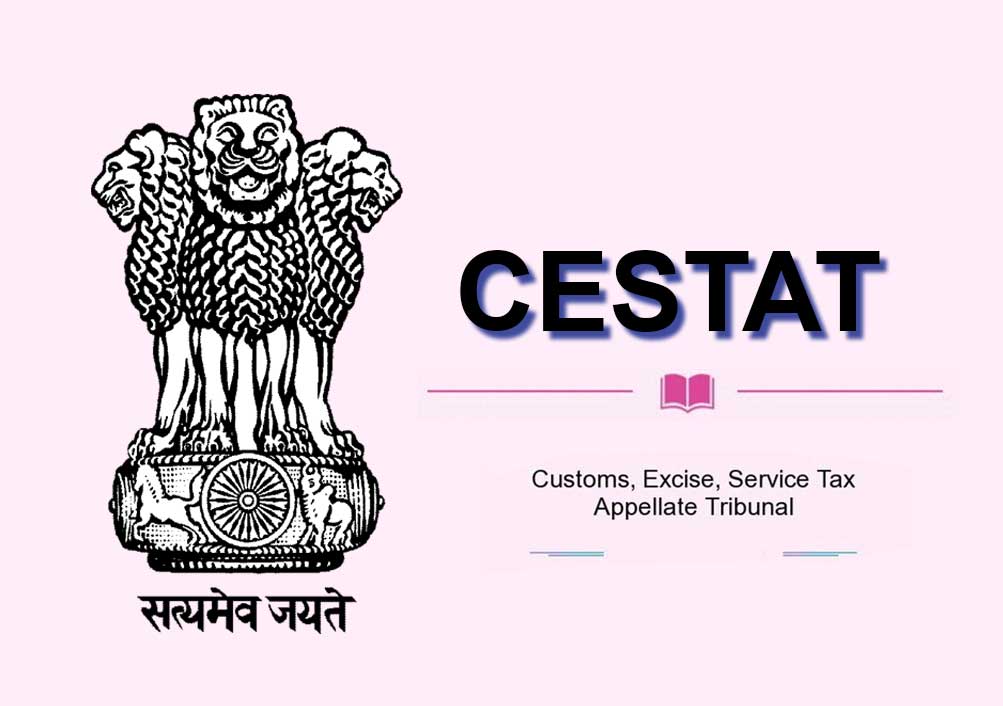In Customs Appeal No. 41383 of 2013 - CESTAT - CESTAT (Chennai) rejects Commissioner of Customs’ appeal, says Revenue had not exhausted the available opportunity and contended that the Commissioner (Appeals) should have, on his own, exercised power under Section 128A (3) of the Customs Act, which was unacceptable
Members P. Dinesha (Judicial) & Vasa Seshagiri Rao (Technical) [30-05-2023]

Read Order: The Commissioner of Customs v. Visteon Automotive Systems India P. Ltd
Chahat Varma
New Delhi, June 5, 2023: The Chennai bench of the Customs, Excise and Service Tax Appellate Tribunal (CESTAT) has refused to entertain an appeal filed by the Commissioner of Customs, holding that allowing the appeal would exceed the scope of appellate proceedings, which was not permitted by the law and it would involve a classification that was not presented to the respondent (Visteon Automotive Systems India P. Ltd.) for rebuttal, and neither the Tribunal nor the Commissioner (Appeals) has the authority to make such classifications.
Facts of the case was that the respondent had filed various Bills-of-Entry for clearance of goods declared as ‘Aluminium Tube’ for condenser. A show cause notice was issued by the Revenue proposing the re-classification of goods under CTH 7610 9030 and the levy of basic Customs Duty at a rate of 10%. The respondent, contested the Revenue's proposal and argued that the goods should be classified under CTH 7604. The First Appellate Authority was satisfied that wrong classification was attempted by the Adjudicating Authority and consequently, set aside the Order-in-Original.
The bench observed, “When an Adjudicating Authority issues Show Cause Notice after gathering information, from whatever sources, that becomes the foundation and the burden would lie on the noticee to whom such Show Cause Notice is issued, to reply to the Show Cause Notice……..Then the case is adjudicated wherein the Adjudicating Authority would examine the merits in the response to the Show Cause Notice and the noticee could also have the benefit of personal hearing. After weighing and balancing the merits in the contentions of the noticee, the Adjudicating Authority proceeds to pass the Order-in-Original. After this, Section 128 of the Customs Act, 1962 could be pressed into service by any person who is aggrieved by the Order-in-Original.”
In the present case, the bench observed that the respondent had filed an appeal before the Commissioner (Appeals) against the Order-in-Original, but the Revenue did not file any appeal. This indicated that the Revenue accepted the order of classification passed by the Adjudicating Authority and was not aggrieved by it.
“When the learned First Appellate Authority passes the impugned order, the Revenue is feeling aggrieved by the Order-in-Original and hence, through the grounds in the appeal, is seeking modification of the Order-in-Original by taking shelter under Section 128A (3) of the Customs Act,” observed the bench.
The bench rejected the contention of the Revenue regarding the Commissioner (Appeals) exercising power under Section 128A (3). The bench stated that there was no allegation against the Commissioner (Appeals) for not following the prescribed procedure, and the Revenue did not find any fault with it.
Sign up for our weekly newsletter to stay up to date on our product, events featured blog, special offer and all of the exciting things that take place here at Legitquest.




Add a Comment